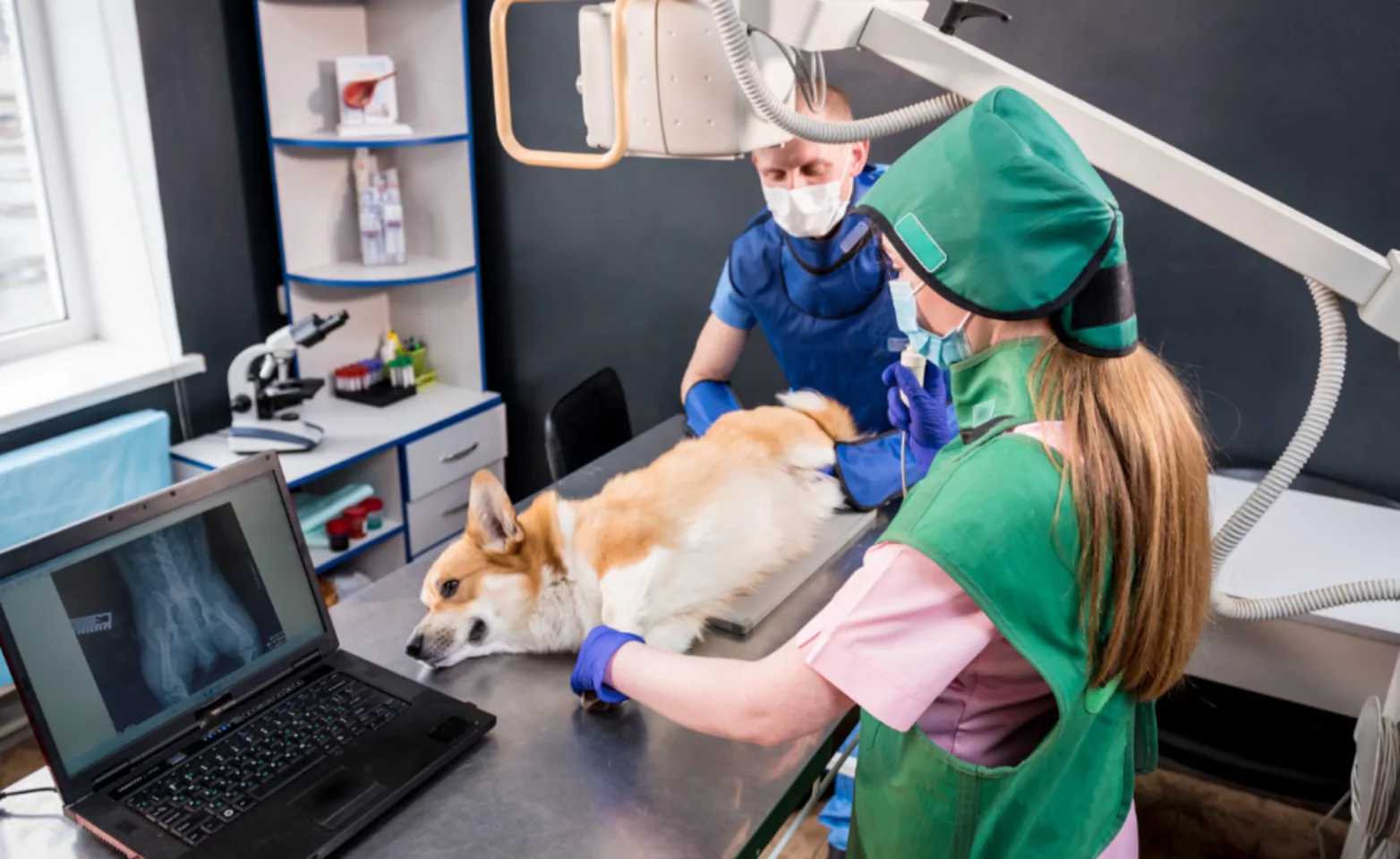Skip NavigationSkip to Primary Content



24/7/365 Emergency Veterinary Care
If you need us, we're here for you!
SAVES is one of the only 24-hour emergency veterinary hospitals in northern New Hampshire. We serve many communities and see a vast array of pet emergencies every day. Whether your dog got quilled by a porcupine, your puppy got into something, or your cat isn't acting right, we'll be here to help.





